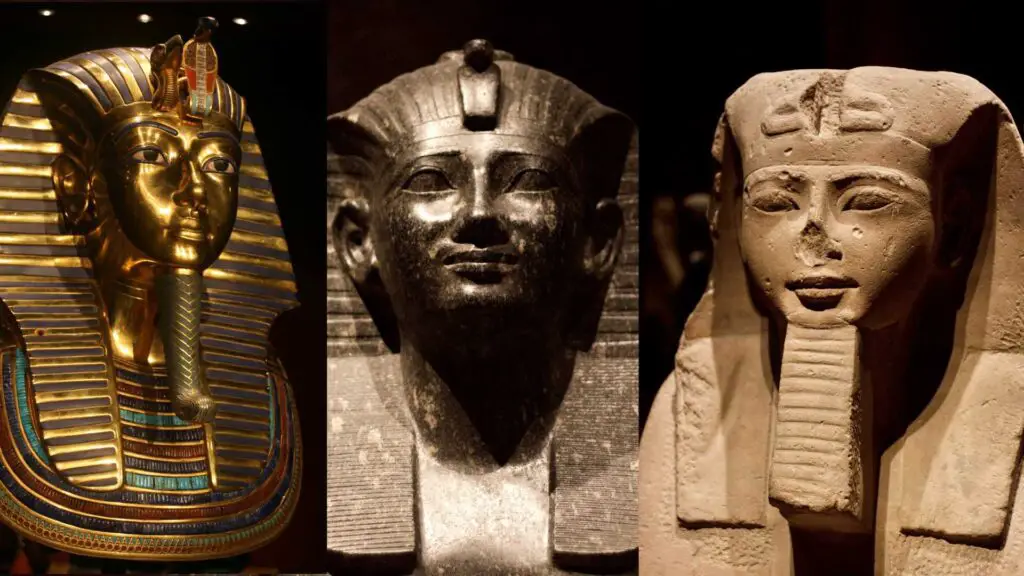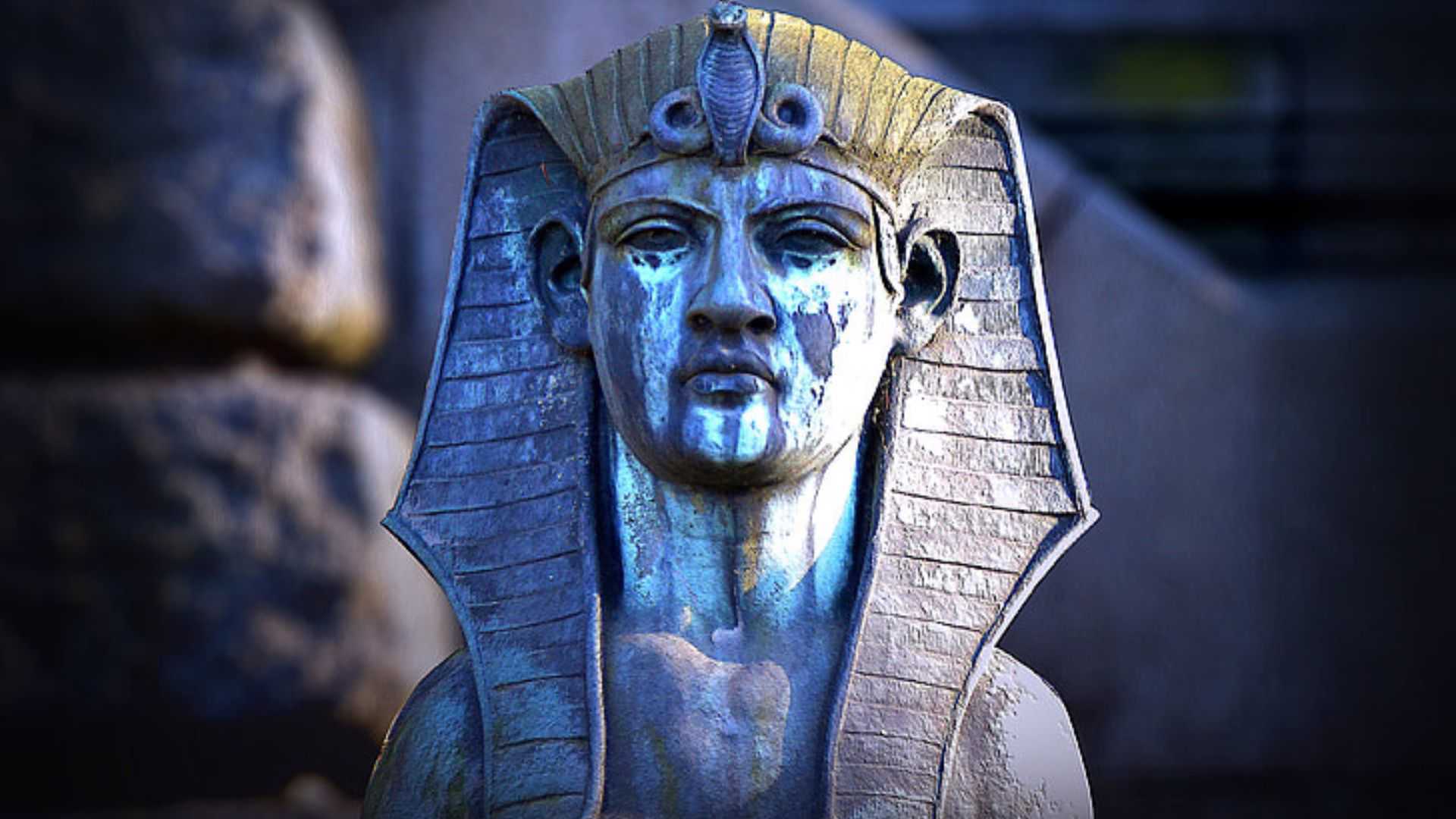It is said that the Body of Pharoah (Fir’aun) was left preserved for the coming generations to know what happens to a tyrant when he tries to go against God. Today we’re in a period of intense conflict. The Muslim countries are in upheaval. Syria, Myanmar, Yemen, and Palestine facing war, bloodshed, persecution, and planned famine—the list is endless. There are a lot of brutal leaders in our time. We can hardly change it, despite seeing and sensing it.
The most frequently mentioned figures in the Quran are Pharoah (Fir’aun) and Musa (peace be upon him) (Moses). We will go over 10 lessons from Life of Pharaoh (Ramesses ll) that we may use in our own lives.

10 Lessons from the Life of Pharaoh
1) The most important lesson we can learn from Pharaoh is that he was a tyrant who used every resource at his disposal and would stop at nothing to keep it. The psychology of humans is such that the likelihood of getting corrupted and experiencing negative emotions increases with increasing authority and power.
2) The most infamous ruler in history was Pharaoh (Ramesses ll), who had reduced Egypt to slavery and was killing all male infants. Due to rumors and a dream he experienced, he thought his kingdom would be overturned. He also declared himself to be God. In the story of Pharaoh, Allah aspires to inspire hope that he aids the downtrodden and weak people. According to the Quran, verse 28:5, “And we wished to do a favor to those who were weak in the land, and to make them rulers and to make them the inheritors.“
3) The nation that Pharoah had enslaved, the Bani Israel, had been predicted to be responsible for the ruin of Egypt by Prophet Ibrahim (Abraham) (pbuh). Due to his superstition, the Pharoah was terrified when this rumor reached him and he too had a dream. Despite showing indicators, he did not reflect. His indulgence in this life was too much. You forget Allah when you have a false feeling of security, money, influential friends, and a few obstacles on your path.
4) The Quran specifically mentions Pharoah, Haman, and their entourage by name in verse 28:8: “Verily, Pharoah, Haman, and their hosts were sinners.” Pharoah had moments of reflection and thought, but he also had an evil minister (Haman) who was occasionally worse than Pharaoh. Haman was the one who used to control Pharaoh. Even dictators occasionally feel weak and may even wish to change, but because of the intoxicating nature of power, this rarely happens. When you succeed and start to mingle with the appropriate people, avoid creating a false sense of security about yourself. Don’t let that success get to you. Consider the past and history while considering your actions.
Also Read: How to keep your Iman strong
5) In order to offer Pharaoh a chance for change, Allah commanded Prophet Musa (pbuh) to go to him and speak to him in a soft voice. When giving dawah (talking about Islam to people), is a crucial lesson for us as Muslims.
6) We don’t have to do everything on our own, and it’s acceptable to seek for aid when someone is more capable than you. Prophet Musa (pbuh) had a speech impairment and requested assistance from his brother Harun (Aaron) as he was a more competent speaker.
7) The Bani Israel, who consisted of the tribes of Prophet Yaqub (Jacob)‘s 12 sons, had been reduced to slavery by Pharoah. He used them as slave labor because they were subjugated people. The indulgence of this world today enslaves people without even being aware of it and without their consent. entertaining them, indulging their sexual appetites, and no one objects to you.
Also Read: How to Stop Zina
8) Allah makes a situation for someone’s destruction when he wants to. Before a tyrant is overthrown, they typically grow even more harsh and tyrannical, which Allah permits. Allah wants to establish evidence against them before putting them in a precarious position. Allah doesn’t kill the innocent. The Quran teaches us that things can only grow worse before they get better since Allah declares in Quran 94:5/6 that when things get worse, “Verily, with every hardship is relief“
9) When Allah speaks to us, he speaks the truth, and everything he promises will be accomplished. Although Pharoah made an effort to avoid it, Allah has a method of taking care of these matters. This should not discourage us from continuing to attempt.
10) Eman (faith) is being disrupted as a result of the many obstacles that are there. Allah promises the believers, but we must have faith in the invisible, which is a very difficult and necessary prerequisite. It will be challenging to escape anything other than Allah, in whom you place such a high degree of trust. Ameen. May Allah fortify us against the pharaonic thoughts that shall arise.
These teachings and Lessons from the Life of Pharaoh are not simply for us to use as a weapon against cruel leaders, but also for us to be mindful of in our interactions and dealings with people.
Read more Islamic Articles or follow us on social media for daily Islamic reminders.






